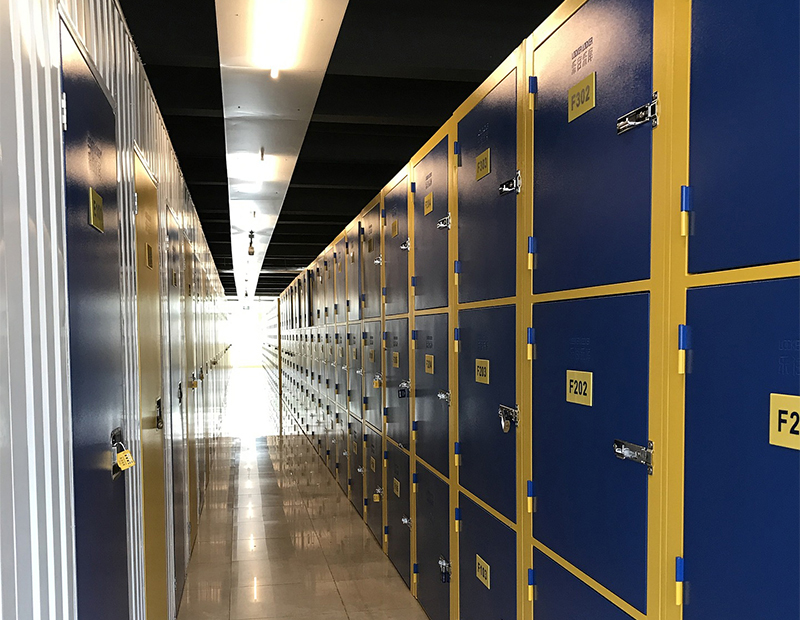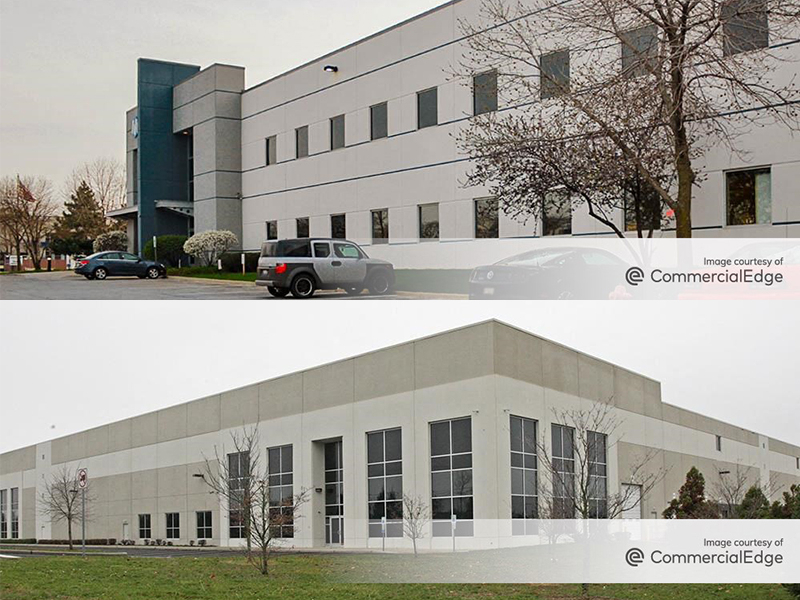StorageVault Buys 38-Asset Portfolio for $206M
After purchasing the properties from Wilmington Capital Management, the active investor now owns or operates 199 storage locations across Canada.
One of Canada’s largest self-storage firms has closed on its C$275 million ($205.7 million) acquisition of a 38-property storage portfolio, as the country’s appetite for spaces to stash stuff continues to grow.
StorageVault Canada Inc. bought the self-storage business Real Storage—which operates 25 locations in Ontario, 11 in Alberta, and one each in British Columbia and Manitoba—from Wilmington Capital Management Inc. and other vendors in a deal that was first announced February.
Following the transaction, the publicly traded company now has a platform of 199 self-storage locations across Canada, 145 of which it owns. StorageVault also owns more than 4,600 portable storage container units, bringing its total network to more than 7.8 million rentable square feet.
The deal continues an acquisition streak by the TSX Venture Exchange-listed firm. Earlier this month, StorageVault announced it was taking over three storage assets from Access Self Storage Inc. and other assets in a C$32.5 million ($24 million) deal.
In 2018, the company announced C$171.9 million ($126 million) in acquisitions and added 15 facilities to its platform. The fast-growing firm also scooped up Sentinel Storage, a Canadian self-storage platform with 24 locations, for almost C$397 million ($316 million) in 2017.
Canadians crave space for their stuff
Self-storage is growing by leaps and bounds as an asset class in Canada, according to Clive Bradley, who leads the Canadian Self-Storage Practice Group at CBRE. Bradley told Commercial Property Executive that self-storage supply is in the range of 2 to 3 square feet per person, but demand is estimated to exceed 4 square feet. By contrast, self-storage demand is estimated to hover around 5 to 8 square feet per person in the U.S.
“There seems to be a growing demand as people move into smaller homes in Canada or condominiums, especially in the major markets such as Toronto,” Bradley said. “People are starting to use storage more frequently than in the past.”
He added: “There’s a lot of new money coming into the market, which is also fueling increased demand.”
Acquisitions gather steam
Other players in the market include Public Storage Canada, which bought the four-property, 270,000-square-foot SelfStorageCo portfolio last November, and Bluebird Self Storage, which purchased two assets totaling 173,000 square feet in southern Ontario this month.
Bradley pointed out that Canada’s self-storage market is undersupplied in general, driving new construction as well as conversion of commercial and industrial buildings to storage. But he added: “Acquisition of existing facilities is picking up as major self-storage operators are trying to grow their market share.”
The executive noted that cap rates for self-storage assets tend to be in the 5 to 6 percent range in major urban centers, 6 to 7 percent in mid-sized cities, and “for A-Class product and portfolios, we’re seeing some cap rates below five.”
South of the border, self-storage rents in the U.S. declined in 2018, according to Yardi Matrix data. Nationwide, the pipeline of new supply accounted for 9.7 percent of existing inventory.








You must be logged in to post a comment.